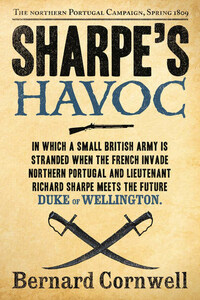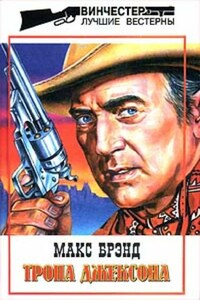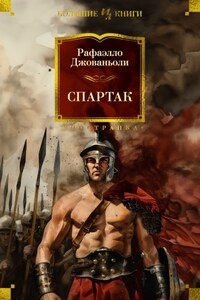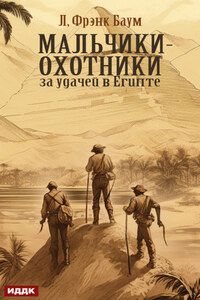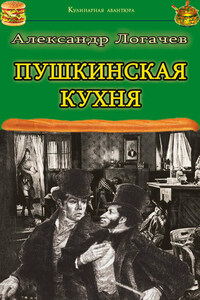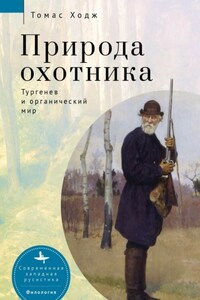This novel is a work of fiction. The incidents and some of the characters portrayed in it, while based on real historical events and figures, are the work of the authorâs imagination.
HarperCollinsPublishers Ltd.
1 London Bridge Street
London SE1 9GF
www.harpercollins.co.uk
First published in Great Britain by Collins 1984
Previously published in paperback by Fontana 1985
Copyright © Rifleman Productions Ltd 1984
Bernard Cornwell asserts the moral right to be identified as the author of this work
A catalogue record for this book is available from the British Library
All rights reserved under International and Pan-American Copyright Conventions. By payment of the required fees, you have been granted the non-exclusive, non-transferable right to access and read the text of this ebook on-screen. No part of this text may be reproduced, transmitted, down-loaded, decompiled, reverse engineered, or stored in or introduced into any information storage and retrieval system, in any form or by any means, whether electronic or mechanical, now known or hereinafter invented, without the express written permission of HarperCollins ebooks
HarperCollinsPublishers has made every reasonable effort to ensure that any picture content and written content in this ebook has been included or removed in accordance with the contractual and technological constraints in operation at the time of publication
Source ISBN: 9780006170136
Ebook Edition © March 2012 ISBN: 9780007346790 Version: 2017-06-07
âNo one is better than Bernard Cornwell in describing battles large and small, howitzer fire, cavalry charges or bayonet attacksâ
Evening Standard
â⦠this system is yet in its infancy ⦠much has been accomplished in a short time and there is every reason to believe that the accuracy of the Rocket may be actually brought upon a par with that of other artillery ammunition for all the important purposes of the field service.â
COLONEL SIR WILLIAM CONGREVE, 1814.
On December 8th, 1812, the English soldiers first came to Adrados.
The village had escaped the war. It lay in that part of Spain east of the northern Portuguese border and, though it was close to the frontier, few soldiers had passed through its single street.
The French had come once, three years before, but they had been running from the English Lord Wellington and running so fast that they scarcely had time to stop and loot.
Then in May of 1812 the Spanish soldiers had come, the Garrison of Adrados, but the villagers had not minded. There were only fifty soldiers, with four cannon, and once the guns had been placed in the old Castle and Watchtower outside the village the soldiers seemed to think their war was done. They drank in the village inn, flirted with the women at the stream where the flat stones made laundry easy, and two village girls married gunners in the summer. By some confusion in the Spanish Army the âgarrisonâ had been sent a powder convoy intended for Ciudad Rodrigo and the soldiers boasted that they had more powder, and fewer guns, than any other Artillery troop in Europe. They made crude fireworks for the weddings and the villagers admired the explosions that flashed and echoed in their remote valley. In the autumn some of the Spanish soldiers deserted, bored with guarding the valley where no soldiers came, eager to go back to their own villages and their own women.
Then the English soldiers came. And on that day of all days!
Adrados was not a place of great importance. It grew, the priest said, sheep and thorns, and the priest told the villagers that made the village a holy place because Christâs life began with the shepherdsâ visit and ended with a crown of thorns. Yet the villagers did not need the priest to tell them that Adrados was sacred because only one thing brought visitors to Adrados, and that was on the Feast on December 8th.
Years before, no one knew how many, not even the priest, but in those far-off days when the Christians fought the Muslims in Spain, the Holy Mother had come to Adrados. Everyone knew the story. Christian Knights were falling back through the valley, hard pressed, and their leader had stopped to pray beside a granite boulder that was poised on the edge of the pass which fell off to the west, towards Portugal, and then it had happened. She had appeared! She stood on the granite boulder, Her face pale as ice, Her eyes like mountain pools, and She told the Knight that the pursuing Muslims would soon stop to pray themselves, to face east towards their heathen home, and that if he turned his tired troop about, if they drew their battered swords, then they would bring glory to the cross.



